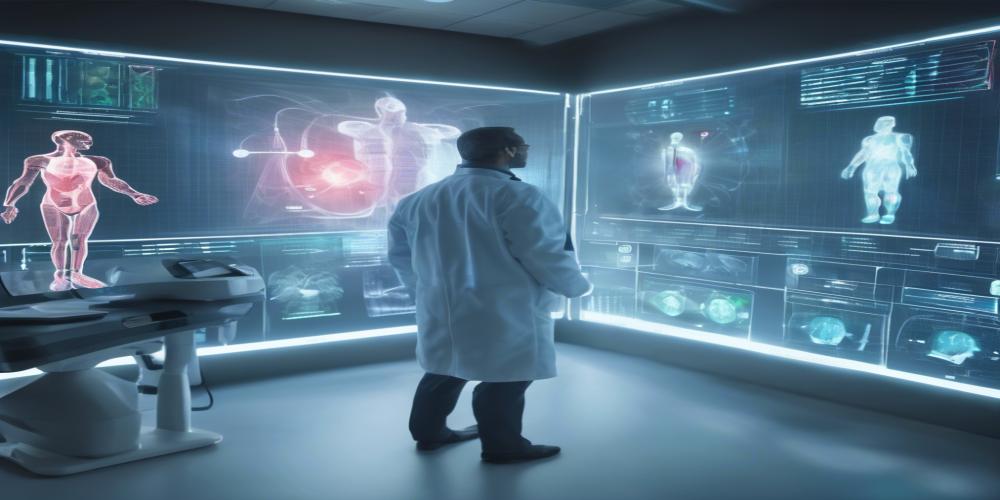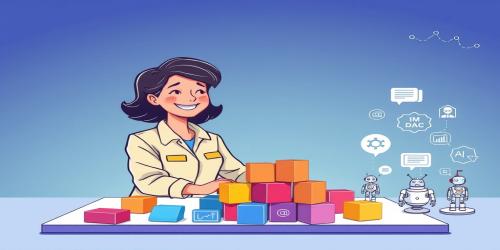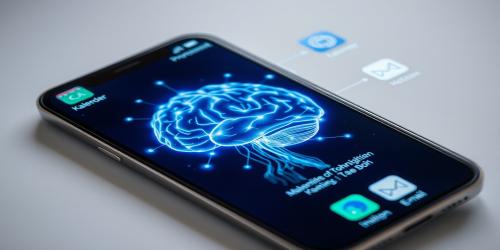How AI is Revolutionizing Healthcare Diagnostics
Introduction
The healthcare industry is undergoing a seismic shift, thanks to the rapid advancements in artificial intelligence (AI). From early disease detection to personalized treatment plans, AI is transforming how diagnostics are conducted, making healthcare more accurate, efficient, and accessible. This blog explores the groundbreaking ways AI is revolutionizing healthcare diagnostics.
Early Disease Detection
AI-powered algorithms are now capable of detecting diseases at their earliest stages, often before symptoms manifest. Machine learning models analyze vast amounts of medical data, including imaging scans, genetic information, and patient histories, to identify patterns that may indicate conditions like cancer, diabetes, or heart disease. For example, AI systems can detect tumors in mammograms or CT scans with higher accuracy than human radiologists.
Improved Diagnostic Accuracy
Human error is an inevitable part of medical diagnostics, but AI can significantly reduce these mistakes. By leveraging deep learning, AI systems can analyze complex datasets and provide highly accurate diagnoses. For instance, AI has been used to differentiate between benign and malignant skin lesions with a precision that rivals dermatologists. This not only improves patient outcomes but also reduces unnecessary biopsies and treatments.
Personalized Medicine
AI is enabling the rise of personalized medicine by tailoring diagnostic and treatment plans to individual patients. By analyzing genetic data, lifestyle factors, and medical history, AI can predict how a patient will respond to specific treatments. This approach is particularly beneficial in oncology, where AI helps oncologists choose the most effective therapies based on a tumor’s genetic profile.
Automation of Routine Tasks
AI is also streamlining administrative and routine diagnostic tasks, freeing up healthcare professionals to focus on patient care. Natural language processing (NLP) tools can transcribe and analyze doctor-patient interactions, while AI-powered chatbots can triage patients based on their symptoms, ensuring timely care for those who need it most.
Challenges and Ethical Considerations
Despite its potential, AI in healthcare diagnostics is not without challenges. Issues such as data privacy, algorithmic bias, and the need for regulatory oversight must be addressed to ensure equitable and safe implementation. Additionally, the human touch in medicine remains irreplaceable, and AI should be viewed as a tool to augment, not replace, healthcare professionals.
Conclusion
The integration of AI into healthcare diagnostics is paving the way for a future where diseases are detected earlier, diagnoses are more accurate, and treatments are highly personalized. As technology continues to evolve, the collaboration between AI and healthcare professionals promises to unlock unprecedented improvements in patient care and outcomes.










